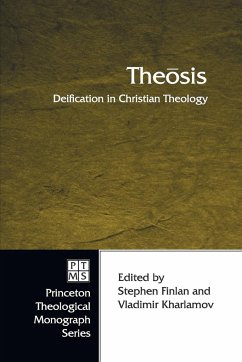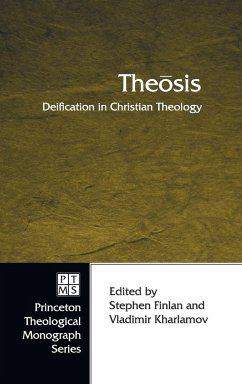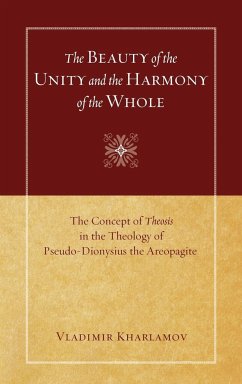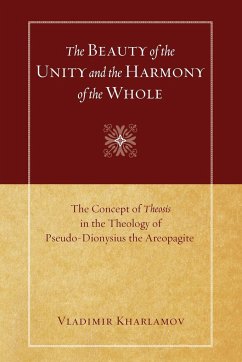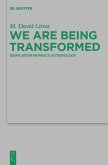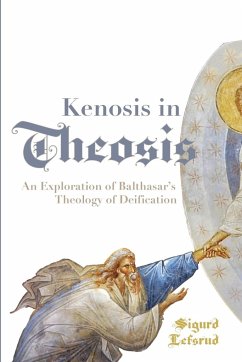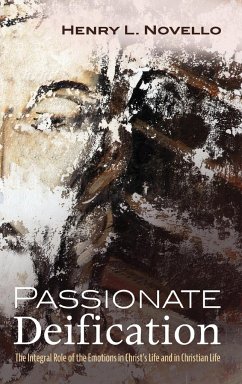""'Deification' refers to the transformation of believers into the likeness of God. Of course, Christian monotheism goes against any literal 'god making' of believers. Rather, the NT speaks of a transformation of mind, a metamorphosis of character, a redefinition of selfhood, and an imitation of God. Most of these passages are tantalizingly brief, and none spells out the concept in detail. ""Deification was an important idea in the early church, though it took a long time for one term to emerge as the standard label for the process. That term was qe/wsij, theosis, coined by the great fourth-century theologian, Gregory of Nazianzus. Theologians now use theosis to designate all instances where any idea of taking on God's character or being ""divinized"" (made divine) occurs, even when the term qe/wsij is not used. And of course, different Christian authors understood deification differently."" ""While some articles in this collection discuss pre-Christian antecedents of theosis, Greek and Jewish, most focus on particular Christian understandings. The article by Gregory Glazov examines OT covenant theology, with an emphasis on divine adoption, and on bearing the fruit of knowledge or attaining the stature of a tree of righteousness in Proverbs, Isaiah, and Sirach. The article by Stephen Finlan on 2 Pet 1:4 ('You may become participants of the divine nature') examines the epistle's apparent borrowings from Middle Platonic spirituality, Stoic ethics, and Jewish apocalyptic expectation. The epistle stresses 'knowledge of Christ,' which means cultivation of godly character and growing up into Christ."" --from the Introduction
Bitte wählen Sie Ihr Anliegen aus.
Rechnungen
Retourenschein anfordern
Bestellstatus
Storno

